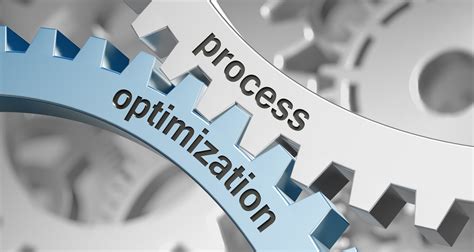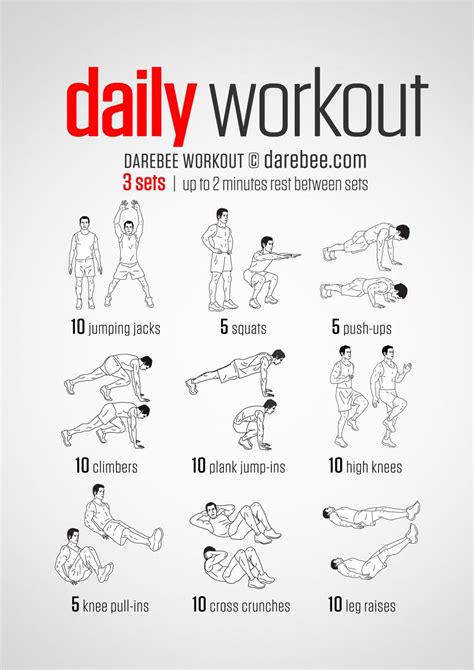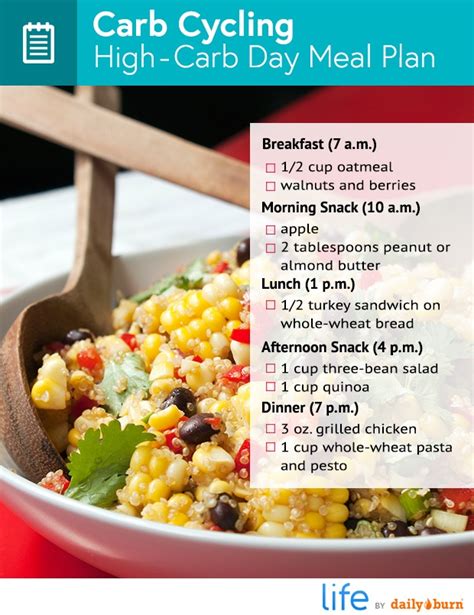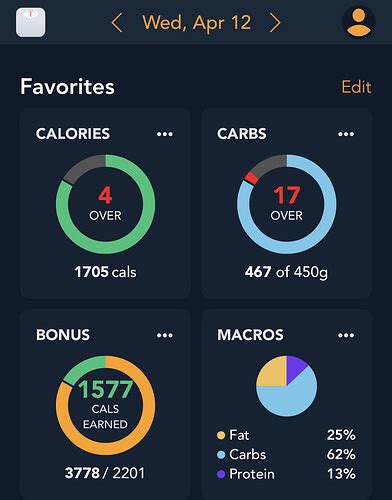Optimize male performance: What carb timing best fuels sustained energy & focus?

The Critical Role of Carbohydrates in Male Performance
For men striving for peak physical and mental performance, carbohydrates are far more than just a source of calories. They are the primary fuel for both your brain and muscles, directly impacting everything from endurance and strength to cognitive function and mood. Understanding how and when to consume carbs can be the game-changer in maintaining sustained energy, sharp focus, and optimal recovery, whether you’re in the boardroom, the gym, or tackling daily challenges.
Effective carb timing is about optimizing your body’s glucose supply and glycogen stores, ensuring you have the necessary fuel when you need it most, and replenishing it efficiently afterward. This strategic approach minimizes energy dips, prevents mental fog, and supports overall physiological well-being.

Pre-Workout Carb Strategies for Optimal Fueling
Your pre-workout meal is crucial for priming your body for activity. Consuming the right carbohydrates 1-3 hours before exercise helps top off muscle and liver glycogen stores, providing a steady release of energy throughout your session. Opt for complex carbohydrates like oats, whole-wheat bread, brown rice, or sweet potatoes. These digest slowly, preventing a sudden spike and crash in blood sugar. For intense sessions lasting longer than an hour, a larger carb intake might be beneficial; for shorter, less intense workouts, a smaller amount may suffice. Avoid simple sugars immediately before a workout, as they can lead to reactive hypoglycemia, causing fatigue mid-session.
During-Workout Carbs: Sustaining High Intensity
For extended or high-intensity training sessions (typically over 60-90 minutes), consuming carbohydrates during exercise can significantly delay fatigue and maintain performance. This is particularly true for endurance athletes or those engaged in prolonged strength training circuits. Easily digestible simple carbohydrates, such as those found in sports drinks, energy gels, or a piece of fruit like a banana, are ideal. They provide a quick source of glucose to the bloodstream, sparing muscle glycogen and sustaining blood sugar levels, which is vital for both physical output and mental clarity under duress.

Post-Workout Carbs: Accelerating Recovery and Replenishment
The post-workout period is a critical window for recovery and muscle repair. Consuming carbohydrates, ideally within 30-60 minutes after exercise, is paramount for replenishing depleted muscle glycogen stores. Pairing these carbs with protein amplifies the recovery process, as insulin released in response to carb intake helps drive amino acids into muscle cells. A mix of simple (e.g., fruit, white rice) and complex carbs (e.g., potatoes, quinoa) works well here. This strategy not only aids physical recovery but also helps stabilize blood sugar, preventing post-exercise crashes and supporting mental recovery.
Daily Carb Distribution for Consistent Energy & Focus
Beyond workout-specific timing, how you distribute carbohydrates throughout your day impacts overall energy and cognitive function. Starting your day with complex carbs at breakfast (e.g., oatmeal, whole-grain toast) provides sustained energy for morning tasks and mental acuity. A balanced lunch with moderate carbs supports afternoon focus without inducing a heavy, sluggish feeling. Dinner carbs can help replenish stores overnight and, for some, aid in sleep quality. The key is to avoid excessive carb intake at any single meal that might lead to lethargy, instead opting for consistent, moderate portions that keep your fuel tank steady throughout the day.

The Importance of Carb Type: Complex vs. Simple
Understanding the difference between carbohydrate types is as important as timing. Complex carbohydrates (whole grains, vegetables, legumes) are rich in fiber and digest slowly, providing a gradual and sustained release of glucose into the bloodstream. They are your go-to for consistent energy and satiety. Simple carbohydrates (fruits, honey, processed sugars) are quickly digested, leading to a rapid rise in blood sugar. While often demonized, simple carbs have their place – particularly during and immediately after intense workouts when quick energy and glycogen replenishment are crucial. Balancing both types, based on your activity level and timing, is key to optimizing performance.
Personalization and Monitoring Your Response
While general guidelines exist, the optimal carb timing and amount can vary significantly based on individual metabolism, activity level, body composition, and specific performance goals. It’s crucial to experiment and listen to your body. Track your energy levels, focus, and physical performance in response to different carb strategies. Adjust quantities, types, and timing as needed. Consulting with a registered dietitian or sports nutritionist can provide personalized guidance tailored to your unique physiological needs and lifestyle demands.

Fueling Your Peak Performance
Strategic carbohydrate timing is a powerful tool in a man’s arsenal for achieving peak performance. It’s not simply about consuming carbs, but understanding the when and what kind to maximize sustained energy, unwavering focus, and efficient recovery. By consciously planning your carb intake around your daily demands and training schedule, you empower your body and mind to operate at their highest potential, leading to better results in every aspect of life.










